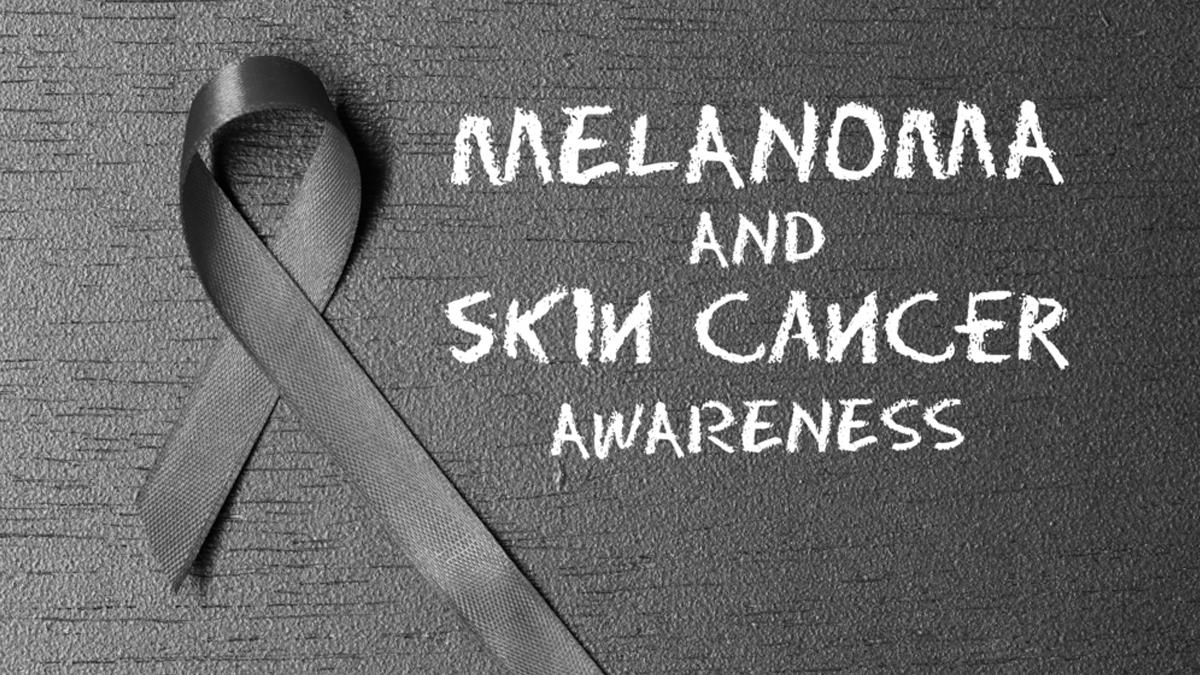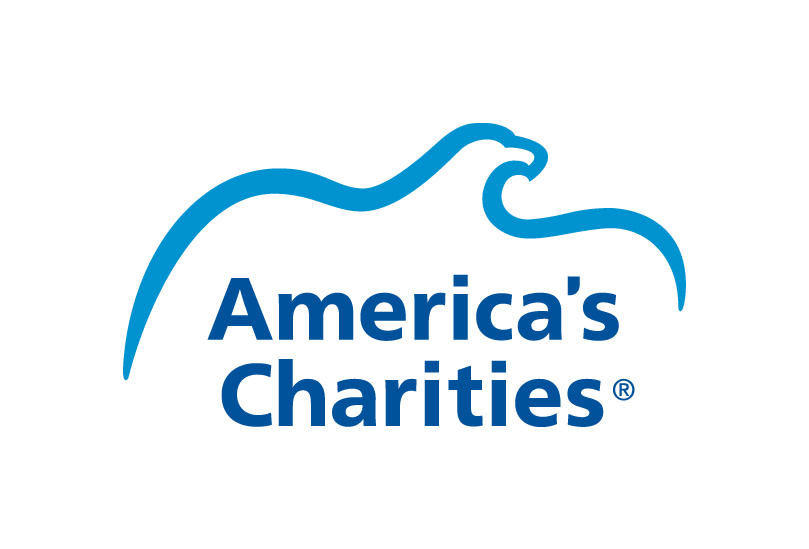Preventing, Treating, and Surviving Melanoma - the Most Dangerous Type of Skin Cancer

Melanoma is an aggressive form of skin cancer. In addition to the skin, melanoma may also occur in mucous membranes – thin, moist layers of tissue that cover surfaces such as the lips – or in the eye. It is more likely to invade nearby tissues and spread to other parts of the body than the more common forms of skin cancer. While melanoma represents just 5 percent of the skin cancer cases diagnosed in the United States each year, it results in the highest rate of deaths.
Click below to learn how each of these nonprofits are helping people prevent, treat, and survive melanoma, and for ways you can support their work.One of the most cost-efficient ways you can help these nonprofits is to donate to them through your employer's workplace giving program Don't have a program? Click here to have your employer contact our team, and click here to learn more about what employee workplace giving is and how it works.
Prevent Cancer Foundation: This year, an estimated 87,110 people will be diagnosed with melanoma—the most dangerous type of skin cancer—and about 13,590 will die of the disease. In addition, more than two million people are diagnosed with non-melanoma skin cancer annually—either basal cell or squamous cell carcinoma. Protecting your skin during your first 18 years can reduce your risk of some types of skin cancer by up to 78%. Click here to learn about the risk factors, symptoms, prevention, and early detection.
Melanoma Research Alliance: The Melanoma Research Alliance (MRA) is the largest non-profit funder of melanoma research. Since its founding in 2007, MRA has committed $101 million in funding to end suffering and death due to melanoma by collaborating with all stakeholders to accelerate powerful research, advance cures for all patients, and prevent more melanomas. Since MRA’s founding, an unprecedented 12 new therapies have been approved by the FDA to treat melanoma, bringing the total number to 14. Advances in melanoma research are having a ripple effect across the field of oncology. Melanoma has been called the case study for state-of-the-art cancer drug development, precision medicine, and immunotherapy. In fact, therapies that were pioneered in melanoma are now being tested in more than 30 different tumor types. MRA has directly funded 372 investigators at 126 different institutions in 15 countries. Click here to learn more.
Memorial Sloan Kettering Cancer Center: Melanoma is among the most serious forms of skin cancer. If you or someone you care about has been diagnosed with this condition, you may be coping with a lot of difficult questions and concerns — plus the stress of the unknown. Where should you go for care? What are your treatment options? Reading this guide from Memorial Sloan Kettering Cancer Center is a good place to begin.
LIVESTRONG: When found early, melanoma can often be cured with surgery. However, melanoma is the most serious form of skin cancer. It can grow deep into the skin, called invasive melanoma. It can also invade lymph nodes and blood vessels and spread to distant parts of the body. For people who have been newly diagnosed or are survivors of melanom, LIVESTRONG is there for you. A cancer diagnosis can be overwhelming between deciding on treatment, figuring out finances, and dealing with fear and emotional concerns. That’s LIVESTRONG is here: to make sure people and families get the person-centered care they need, at the time when they need it. For 20 years, the LIVESTRONG Foundation has been a voice for cancer survivors and has reached more than 8 million people. LIVESTRONG answers survivors' questions, tells their stories and helps them live their lives through direct service, advocacy and inventive partnership models. Click here to learn more about LIVESTRONG and ways to support their work, and click here to hear about Jerry's story of surviving melanoma and how it has affected his exercise, dealing with the emotional effects of cancer, and living with uncertainty.

